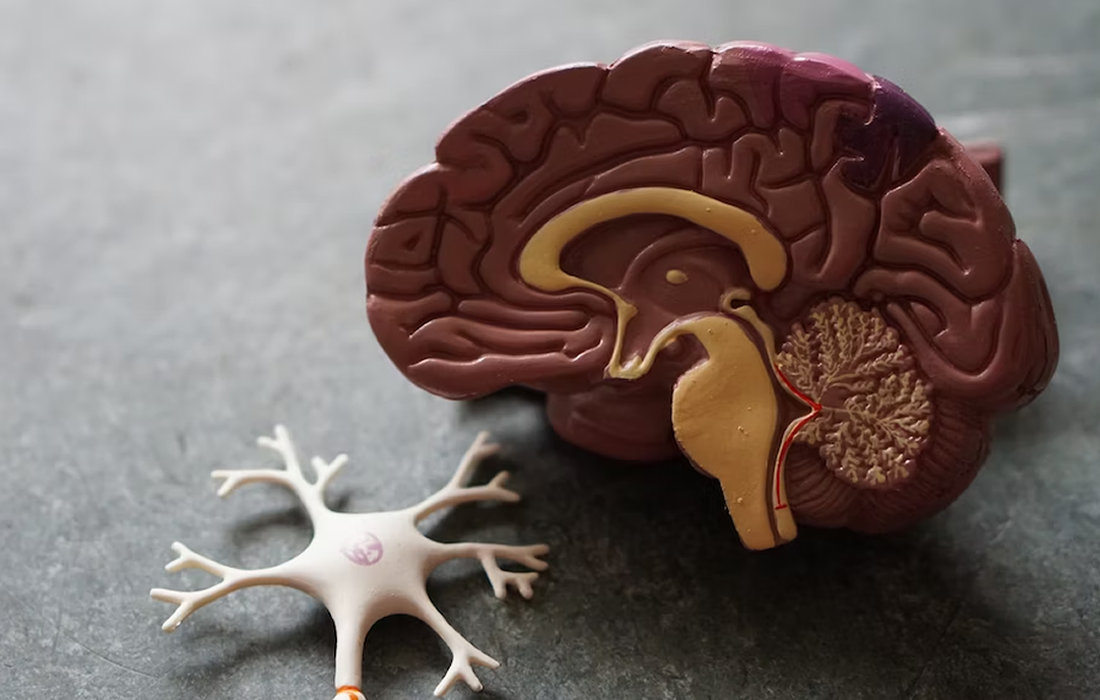A gel that combines both stiffness and toughness is a step forward in the bid to create biodegradable implants for joint injuries, according to new UBC research. Mimicking articular cartilage, found in our knee and hip joints, is challenging. This cartilage is key to smooth joint movement, and damage to it can cause pain, reduce […]
Author Archives: Karely Vega, MD
Scientists studying gene activity data of the early human embryo have discovered an overlooked type of cell which self-destructs within days of forming, as part of a quality control process to protect the developing foetus. The findings give insights on what happens at the very first stages of life after fertilisation which could in the […]
Cedars-Sinai investigators have identified several steps in a cellular process responsible for triggering one of the body’s important inflammatory responses. Their findings, published in the peer-reviewed journal Science Immunology, open up possibilities for modulating the type of inflammation associated with several infections and inflammatory diseases. Specifically, the investigators have improved understanding of the steps that […]
Daytime napping may help to preserve brain health by slowing the rate at which our brains shrink as we age, suggests a new study led by researchers at UCL and the University of the Republic in Uruguay. The study, published in the journal Sleep Health, analysed data from people aged 40 to 69 and found […]
Inflammation happens when the body’s immune system has a reaction. This could be to pathogens such as germs, foreign bodies, and anything else the immune system recognizes as foreign. While it can be crucial for restoring tissue and healing, excessive and chronic inflammation can result in conditions such as cancer, diabetes, and neurodegenerative disease. Studies […]
As the body ages, organ function progressively declines and the risk for a wide range of diseases, including cardiovascular disease, cancer and neurodegenerative diseases, increases. Understanding how the body ages is an intense area of research as it will potentially illuminate ways to promote healthy aging. Researchers at Baylor College of Medicine, Chan Zuckerberg Biohub […]
When intermittent fasting became all the rage among Hollywood celebrities, skeptics balked at the idea of skipping meals. But new research from the University of Georgia suggests the celebs might not have been that far off. The review found that a specific type of restricted eating may reduce the chances of developing Type 2 diabetes […]
AD, which affects over 50 million people worldwide, is a fatal disease that involves cognitive dysfunction and the loss of brain cells. Its symptoms include progressive memory loss as well as impaired movement, reasoning, and judgment. An international research team led by the Hong Kong University of Science and Technology (HKUST) has developed an artificial […]
Asthma is more dangerous than many people realize. An estimated 10 Americans die every day from asthma, and the disease leads to around 439,000 hospitalizations and 1.3 million emergency room trips each year. In a new study, Kawakami and his colleagues at LJI investigated the molecular drivers of severe asthma and rhinovirus-induced asthma exacerbation (a […]
Nutrition is an important part of any top athlete’s training program. And now, a new study by researchers from the University of Georgia proposes that supplementing the diet of athletes with colorful fruits and vegetables could improve their visual range. The paper, which was published in Exercise and Sport Sciences Reviews, examines how a group […]










